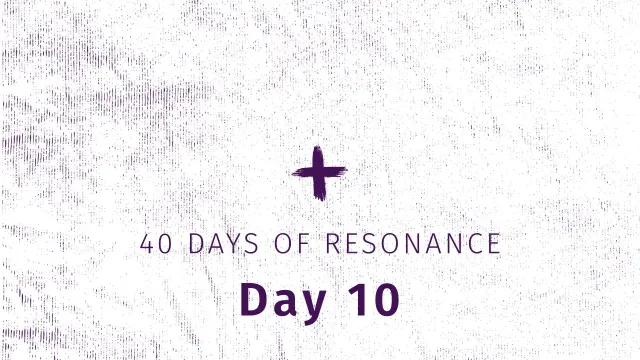It would be inappropriate to say that Jesus gambled. But He did "double down" (as it were) on His claim to be God.

Gambling language is maybe tricky to navigate when it comes to Christianity, and moreso when it comes to Jesus directly. Let me make it clear that Jesus never gambled; He never needed to. But the language of "doubling down" is—I think—rather appropriate in this case, reading the second part of John 5.
(Just as a quick primer, doubling down is a part of blackjack. As a player you can double your bet after you get your first two cards, in exchange for receiving only one more card. It's used generally when you have a great start and you think you have a winning hand. It still involves risk, only now the value of that risk has doubled. But the term has entered more general use and is used outside of the blackjack context to simply mean "reinforcing and amplifying a previously-held position".)
In that latter sense, Jesus doubles down in John 5. He has claimed to be equal with the Father, has received opposition to that, and then offers a further discourse about it. And if I may mix my card-game metaphors, not only does He double down, but He goes all in. He calls God His Father, which, John tells us in 5:18, is a claim to be equal with God. In a Jewish context, this is blasphemy, if it's not true. And then He goes further, saying that what we know as the Old Testament (Moses, etc.) was pointing to Him.
Sure, the people of Israel were waiting for a messiah, a saviour. But here was someone claiming to be capital-M Messiah, YHWH Himself, the Son of YHWH.
In case we were wondering, John spells it all out for us, and not only here but all over his Gospel account. There's no need to gamble, no need to wonder if the next card you'll get will be a face card that will give you the win over the dealer. Your victory is assured, and it's complete.
Because God Himself has done it.
